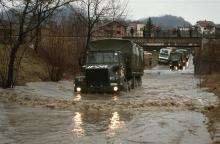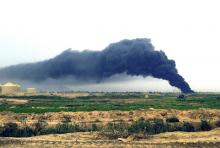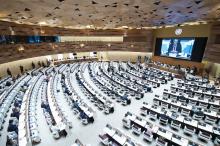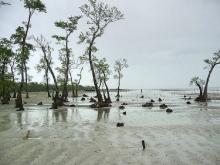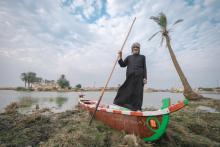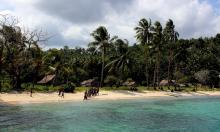The summer of 2021 saw record low levels of rainfall and a sharp decline in water flow into the Euphrates and other rivers in northeast Syria. In a new report entitled, ‘We fear more war, we fear more drought’, PAX has conducted dozens of interviews with pastoralists, farmers, and local authorities, combining this with satellite analysis and humanitarian data.




